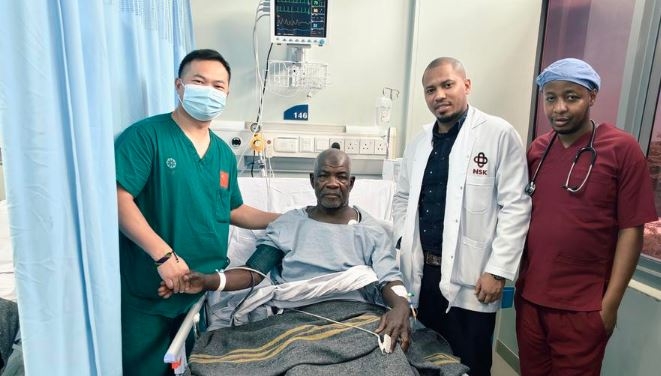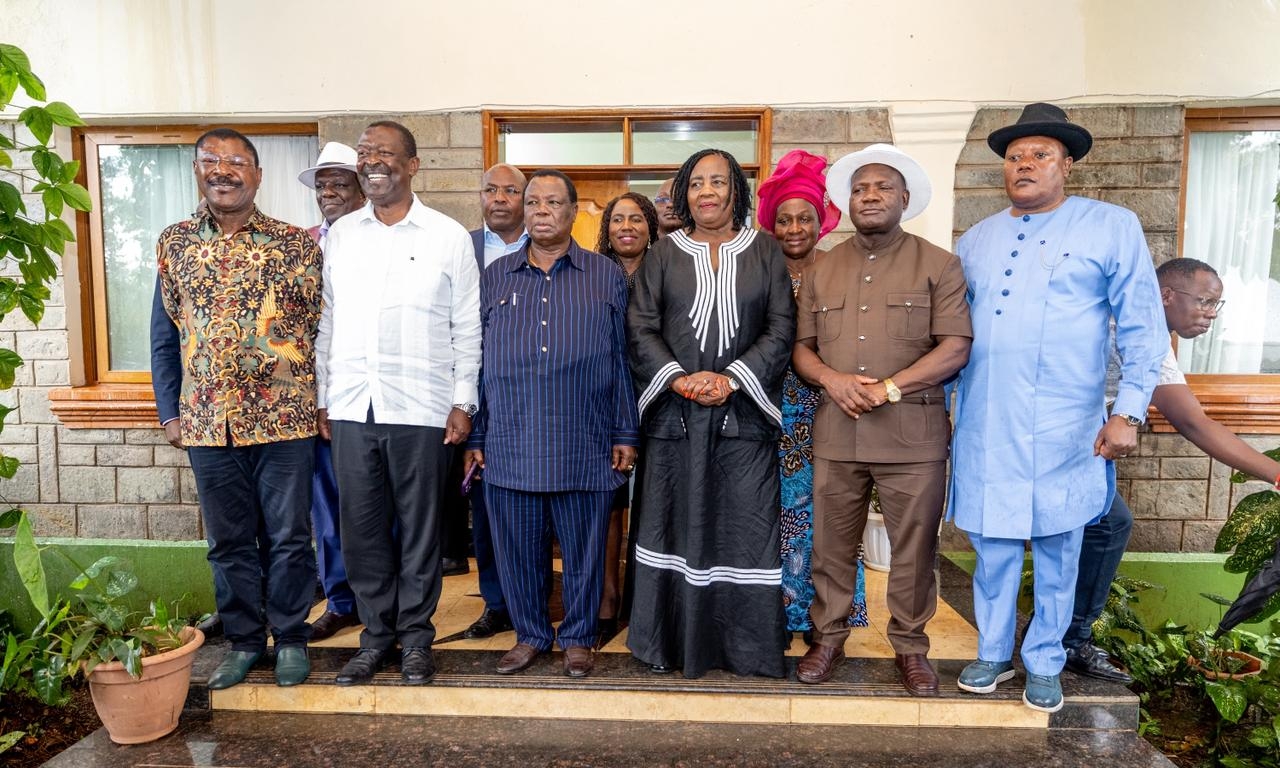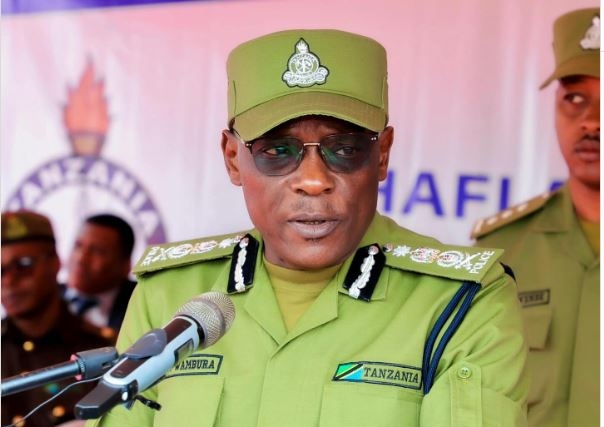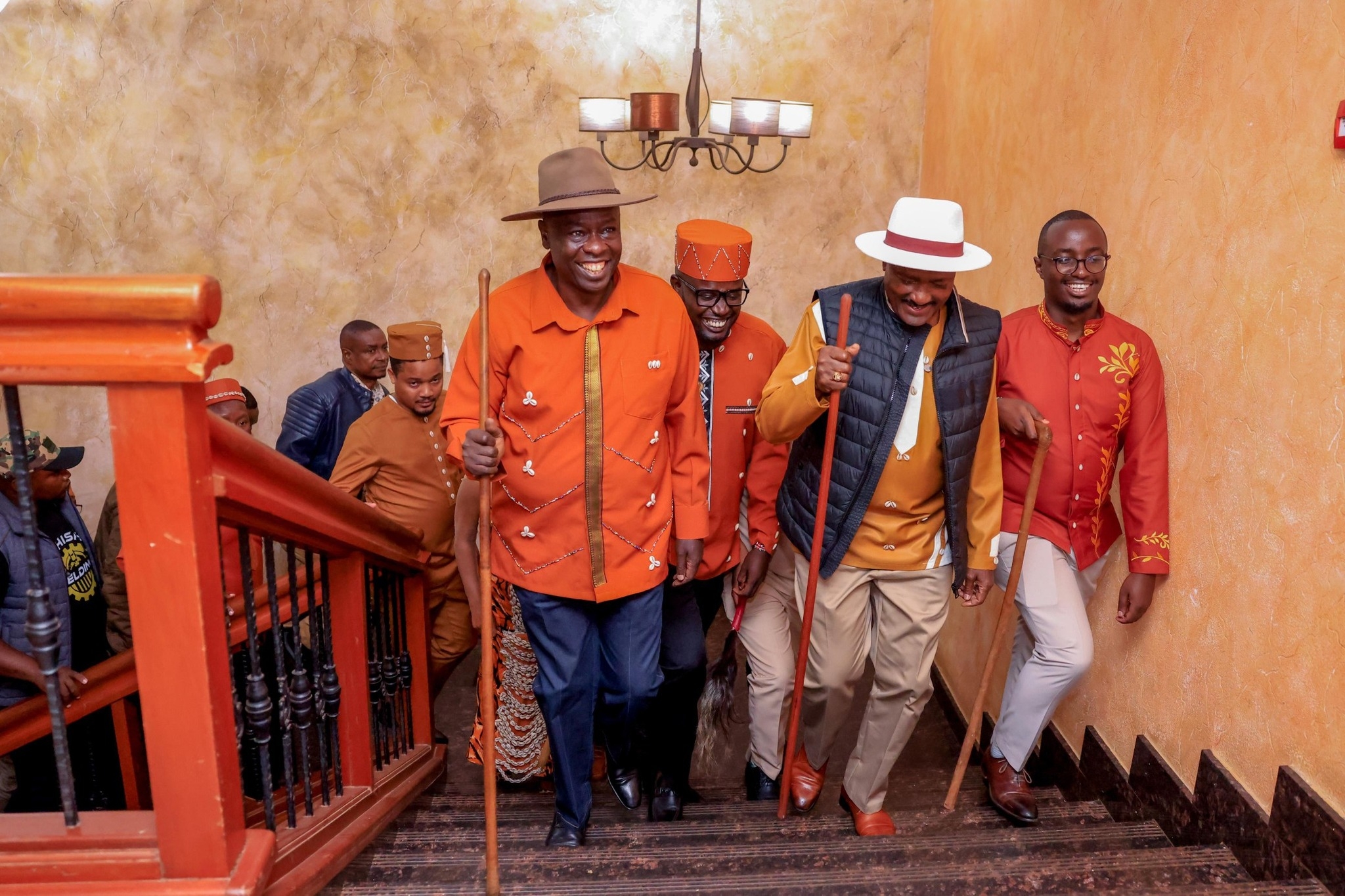In 2017, a year after he retired from the bench, former South African Deputy Chief Justice Dikgang Moseneke said, “Every nation, every people, from time to time, yields from amongst its very own a truly courageous, selfless and visionary patriot, who stands tall and apart from the rest.”
Though there are some who would use the same words to describe Moseneke, he was not singing his own praises. Moseneke is a gentleman and a scholar and would never do anything so crude or so crass as to sing his own praises, unlike some we may know.
In fact, Moseneke was at Wits university in Johannesburg, where he had previously served as Chancellor, at the unveiling of a plaque renaming the university's Central Block in honour of Robert Sobukwe.
Sobukwe is the somewhat forgotten hero of South Africa’s liberation and exactly a week ago (if you are reading this on December 12), it would have been his 96th birthday, had he lived.
Sobukwe was declared the first political prisoner on Robben Island. He embraced principled sacrifice and his personal motto was: “Serve, Suffer and Sacrifice.”
I attended a lecture in commemoration of the great man, and in three hours learned a lot more about him than I could garner from books or the Internet.
Prof Malegapuru Makgoba was the keynote speaker at the event. He described Sobukwe as intelligent, eloquent, charismatic, fearless and passionate, and unquestionably a pan Africanist.
Makgoba said this rare combination of talents embodied in one person was the reason Sobukwe was revered and feared in equal measure, not just by the apartheid regime but also by today’s African-majority-led democratic government. Something Makgoba finds difficult to comprehend.
As Kenyans mark Jamhuri Day and remember their national heroes, I suggest we spare a thought for our own Sobukwes. We had a few, but the powers that be have done their darndest to suppress their memories.
One of those who comes to mind first is Pio Gama Pinto. Pinto the journalist, freedom fighter and political activist, was also the first Kenyan politician to be assassinated in Kenya, barely three years after Independence.
Selma Carvalho, the British-Asian writer, wrote a review of my old friend Shiraz Durrani’s book on Pinto. In it, she said, “Pio was a tremendously influential broker of political power. He excelled at bringing together disparate groups whose common ideology was universal freedom and suffrage.”
Of the lack of enough documentation of Pinto’s life, I couldn’t agree with Carvalho more when she writes, “One cannot help wishing for a more chronological and critical biography on Pio’s life. The real fear is the time has passed for such a rendering. Most of Pio’s contemporaries are dead, his private papers destroyed, files missing or unavailable. It will take tremendous investment, herculean effort, courage and conviction to pursue this project.”
Sadly the same can be said of most of Kenya’s other Sobukwes, the men and women whom Moseneng would say were “truly courageous, selfless and visionary patriots who stand tall and apart from the rest”.
For instance, Bildad Kaggia, a contemporary of Pinto’s. In fact, the two were trade unionists together.
Kaggia was also one of the Kapenguria Six, but after Independence, he accused his former comrades of squandering the gains of Independence and lining their pockets with money meant for the poor.
This “unhelpful” attitude earned him a rebuke from his one-time comrade in the struggle, President Jomo Kenyatta.
While campaigning against his one-time friend in the “little general election” of June 1966, Kenyatta referred to Kaggia as “a man who had fought for Independence yet had nothing to show for it”.
Kenyatta may have thought that was an insult, but for Kaggia, this was a badge of honour.
Happy Jamhuri Day.












